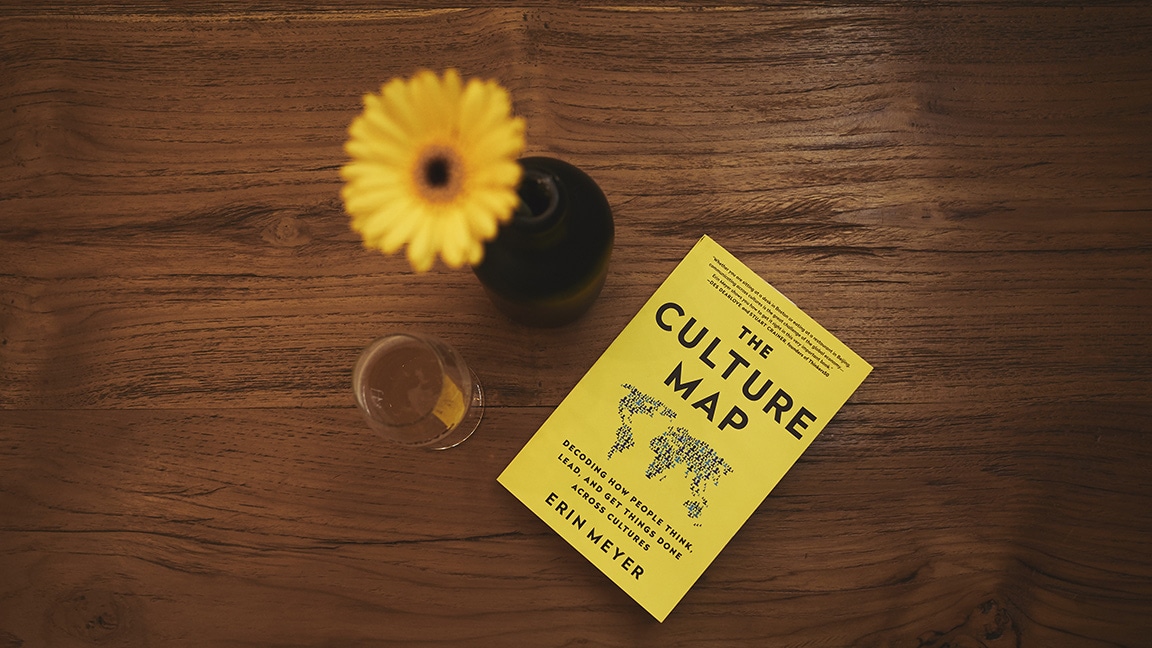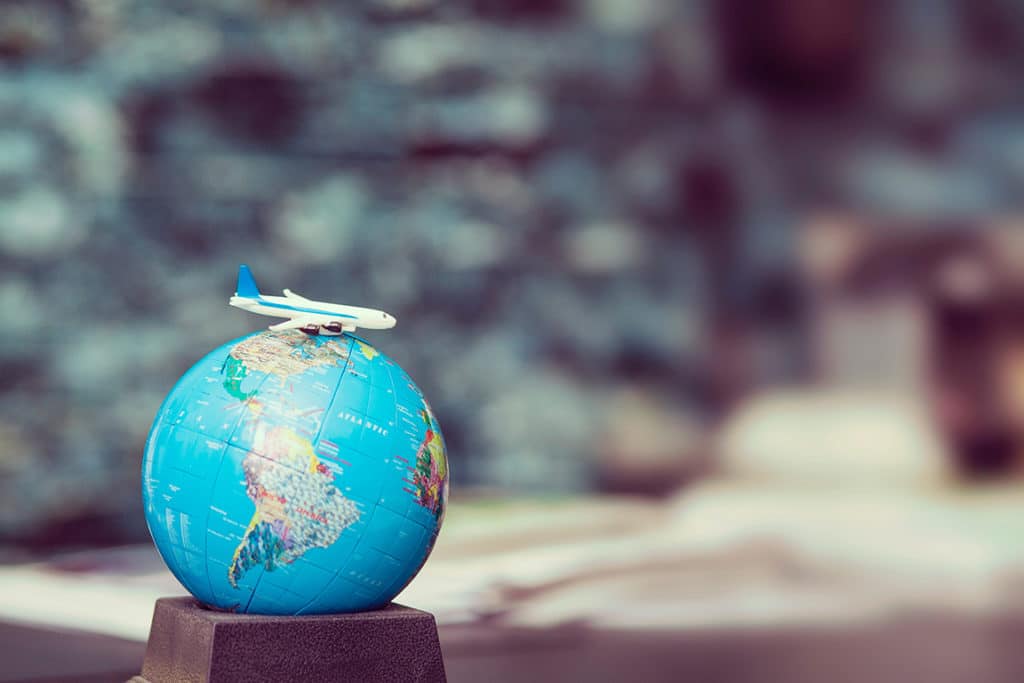
Nov
What is Culture Shock When You Travel Abroad?
Culture shock is when you are living in a culture other than your own with a sense of disorientation. For example, things you would normally do in your own culture take longer to do in a new environment when you travel abroad. Someone who is going through culture shock might experience depression and irritability when trying to complete daily tasks. Typically, the shock sets in after the “honeymoon” phase. The honeymoon phase can last up to a few months.
I was fortunate enough to have lived abroad before I moved to Madrid. However, my time there was short and my living situation and all the essentials had been sorted out before I arrived. Madrid was an entirely new experience. I did not expect how hard it would be to get acclimated into a new apartment, sign up for a phone, get a bank account, a metro-card, TIE (the foreign national ID card), and start a new job. I’ve left out navigating the streets and using the buses, making new friends while using a language that I can speak, eh, kind of ok. This can be very tiring for an expat when first adjusting to a new country. So, it is important to realize that the cultural sensitivity that an expat feels at first is normal and will continue to ebb and flow for at least three months or maybe longer depending on the individuals’ experiences.

Be Proactive and Find the Positive
I had a good idea of what culture shock was when I lived in Madrid because I had studied it. But, I didn’t realize it was happening to me when it was happening until I got back to the States. Sometimes you won’t know it and for me, it was hard to diagnose myself at the time. This is especially so when I considered things like if I’d had a hard day and I was feeling worn out because of a single incident related to that day. And, there were days where I was so tired and worn out from trying to translate everything in a foreign language that I just needed a good night’s rest. Then, the next day I felt better. In order to be proactive about your mental state when you live or travel abroad, it’s important to know and understand your limitations. For example, I knew when I needed to have a break from the language. My way of using my native language was to hang out with American friends who spoke English. It’s important to have a good balance to make sure you are getting enough of the culture you are in plus the culture you left behind (when you feel a bit homesick).
In order to help yourself, you need to understand ahead of time what it is from your home culture that you miss the most. Then, on the days you are feeling a bit homesick, perhaps take a moment to treat yourself to food at the international store that costs ten times what it would at home. But hey, finding your happy place within the new country is important. For me, my happy food item was a tub of peanut butter that cost me 6 euros. Back home, it would have been a third of that. Finding your new normal inside of a new culture is how to find your positive inside of a potential negative situation.

How to Move Beyond Culture Shock
Remember negative feelings are normal and will happen whether you live in your native country or host country. It’s up to you to take control of those feelings and turn them into a proactive positive feeling. If you feel like you have tried your best and are moving forward but are still feeling slow and drained while abroad, you might want to seek professional help.
Having a circle of friends in your host country that you can check in with also helps, but they aren’t doctors. It’s best to seek medical attention if you aren’t feeling like you have adapted to the culture by the third or fourth month. Again, there will be good and bad days. Being proactive during this time by going out and meeting new people, learning the language (perhaps taking some additional language classes), and of course finding your happy place amongst the new normal will help new travelers move past the culture shock.

Recognizing Reverse Culture Shock
For those who move past culture shock while they travel abroad, be prepared that on the backside of traveling abroad there is a readjustment phase that is known as reverse culture shock. Emma Schultz lived abroad for three years and describes her experience of what it felt like to return back to the United States after living in Madrid, Spain for a year.
For any additional questions about traveling abroad, please feel free to reach out to the team at Dreams Abroad.

This article was written by Leesa Truesdell. She is the Founder of Dreams Abroad–a resource provider for global professionals who live, work, study and travel abroad.
If you have any questions about teaching abroad, be sure to contact us.







